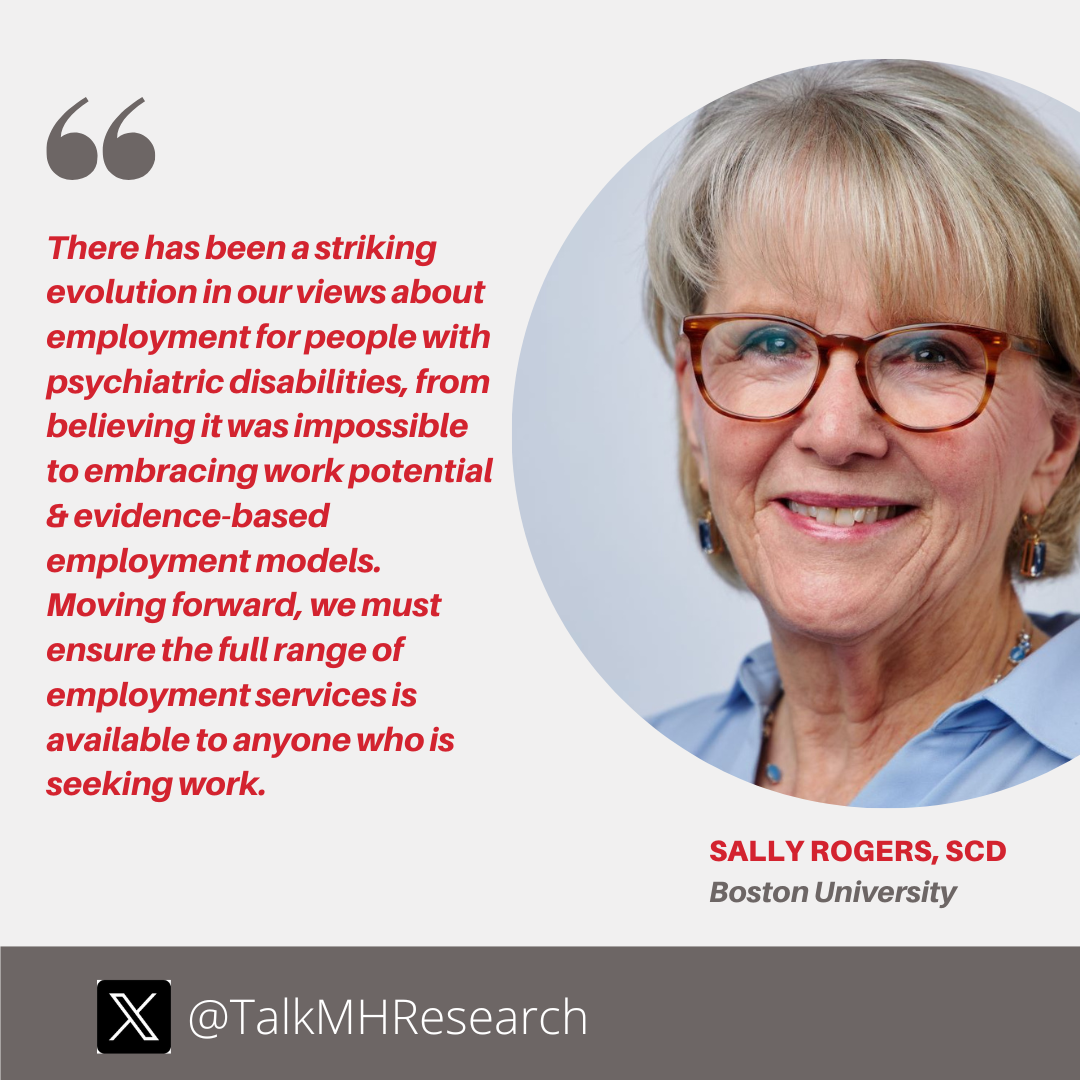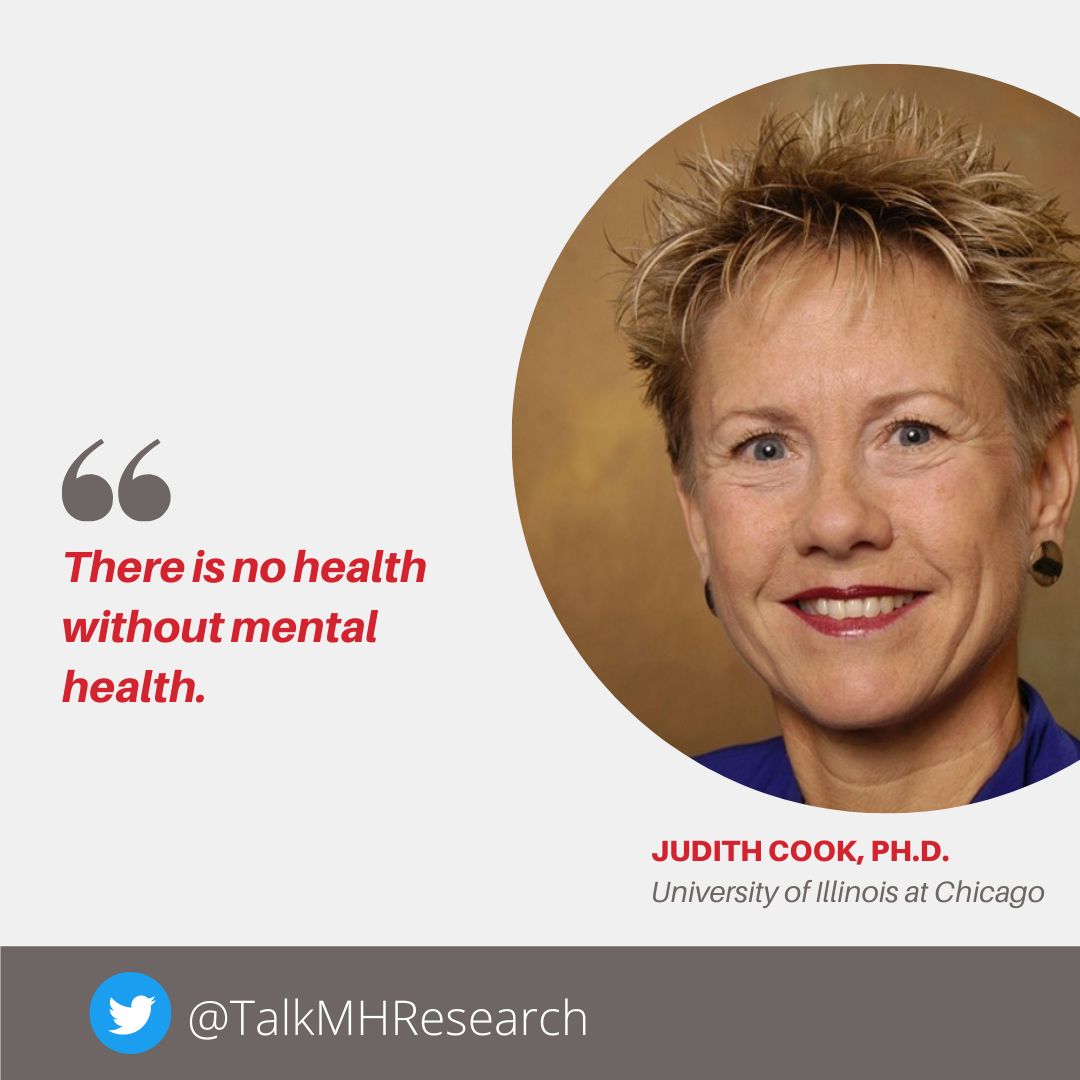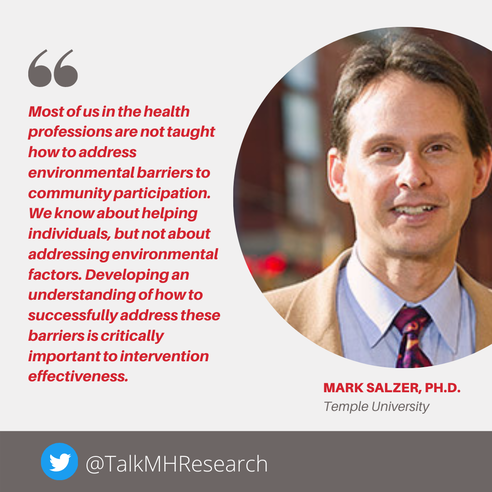About the SeriesWe provide education to developing researchers interested in studying health disparities, social determinants of health, and the physical health needs of diverse people with mental illnesses. Our followers use this learning space to access expert researchers. They also connect with other new researchers looking to develop their skills and portfolios.
|
How Does it Work?
We offer Ask Me Anything about Integrated Health Research sessions on X/Twitter. Our Chats feature well-known mental health services researchers.
Using a unique slow-motion format, followers ask questions and engage in the content over the course of one month. This unique method allows ample time for followers to ask experts questions, while offering their own resources and support to each other. No question is inconsequential in this learning space!
Using a unique slow-motion format, followers ask questions and engage in the content over the course of one month. This unique method allows ample time for followers to ask experts questions, while offering their own resources and support to each other. No question is inconsequential in this learning space!
How Do I Join the Conversation?
|
For each Chat at @TalkMHResearch, submit questions via tweet or direct messaging (DM) at any time throughout the month the Chat is offered.
|
X/Twitter Chat Sessions
Chat Three
|
Vertical Divider
Ask Me Anything about Disability Employment Research
Featuring Sally Rogers, ScD, Research Professor, Boston University, Center for Psychiatric Rehabilitation E. Sally Rogers is the former Executive Director and Director of Research at the Center for Psychiatric Rehabilitation at Boston University. She is a Senior Research Scientist and Research Professor, as well as Co-Principal Investigator of a federally-funded RRTC to improve employment outcomes for people with mental health conditions. Throughout her distinguished career, Dr. Rogers’ scholarship has focused on employment, the peer specialist workforce, and the measurement of constructs such as empowerment. She is a leading authority on disability employment, health, and recovery for people with mental health conditions. |
did you miss this X/twitter chat? you can access a summary of the excellent dialogue & resources to inspire disability employment research!
|
Weekly themes for the Chat with Dr. Rogers included: Week 1: - What are embedded societal beliefs about the ability of people with psychiatric disabilities to work? - What do we know about employment among people with lived experience? - Why is work important? Week 2: - What works for helping people with psychiatric disabilities get and keep employment? - How has the Center for Psychiatric Rehabilitation & other Centers addressed the importance of work and school for people with lived experience? - What are the evidence-based models of disability employment services? Week 3: - What is “decent work” and how is it unique from past concepts? - What are innovations in disability employment services? - What barriers do people with psychiatric disabilities experience in getting and keeping work? - What do we mean by “participatory methods?” Week 4: - What do we know about the vocational and educational aspirations/experiences of young people with psychiatric disabilities? - What new disability employment services exist for young people? - What is the future of disability employment research? |
Throughout September 2023, Dr. Sally Rogers shared information and answered questions about developing, implementing, and disseminating disability employment research.
Visit the Center for Psychiatric Rehabilitation to learn more about the research featured in this Chat. |
Chat Two
|
Vertical Divider
Ask Me Anything about Integrated Behavioral Health Care Research
Featuring Judith Cook, Ph.D., Director, UIC Research & Training Center on Health & Function Judith Cook, Ph.D. is an internationally recognized authority on mental health services research, specifically the study of clinical and rehabilitation outcomes of people receiving community-based care. She designs and implements innovative programs to enhance the development and delivery of integrated behavioral health care. She oversees an innovative program of knowledge translation into practice, policy, and science settings. Dr. Cook also consults with federal, state, and local authorities on service system redesign and alternative financing. |
did you miss this X/twitter chat? you can access a summary of the excellent dialogue & resources to inspire research on Integrated behavioral health care!
|
Weekly themes for the Chat with Dr. Cook included: Week 1: - Why does integrated behavioral health care research matter? - What do we know about the medical needs of people with psychiatric disabilities? - How has the Center partnered with peer researchers and advocates to address these needs? Week 2: - What research methods work best for studying co-occurring medical and mental health disorders? - What roles have peers working inside and outside the Center played in this research? Week 3: - What are some funding sources for research on the integration of primary care and behavioral health care? - How can results of this research be translated into practice & policy? Week 4: - What should be studied over the next 5-10 years to advance this knowledge base? |
Throughout July 2022, Dr. Cook shared information and answered questions about developing, implementing, and disseminating research on integrated behavioral health.
Visit our Science Showcase to explore the research featured during this Chat. |
Chat One
|
Vertical Divider
Ask Me Anything about Research on Community Inclusion as a Social Determinant of Health Featuring Mark Salzer, Ph.D., Director of the Temple University Collaborative on Community Inclusion. Mark Salzer, Ph.D. is a psychologist and Professor of Social and Behavioral Sciences in the College of Public Health at Temple University. He is also the Principal Investigator and Director of the Temple University Collaborative on Community Inclusion of Individuals with Psychiatric Disabilities. His applied research has influenced national, state, and local mental health policies, programs, and practices across the United States as well as around the world. Dr. Salzer is a well-known expert on community participation and community inclusion research for people with lived experience of mental illness. |
did you miss this X/twitter chat? you can access a summary of the excellent dialogue & resources to inspire research on community inclusion for people with mental health conditions!
|
Weekly themes for the Chat with Dr. Salzer included: Week 1: - What is inspiring about this line of research? - What evidence already exists? Week 2: - What methodologies are best for studying this topic? - How do you ensure participation of people with lived experience in this research? Week 3: - How do researchers secure funding for pilot and larger studies? Week 4: - What should be studied over the next 5-10 years to advance this knowledge base? |
Throughout May 2021, Dr. Salzer shared information and answered questions about developing, implementing, and disseminating research on community inclusion.
Key research featured during this ChatCommunity Inclusion and Social Determinants: From Opportunity to Health Well Together – A Blueprint for Community Inclusion Jump-Starting Community Inclusion, including one-hour webinar Collab Chat podcast on community inclusion Collaborative on Community Inclusion Google Scholar page Collaborative on Community Inclusion Resources |




